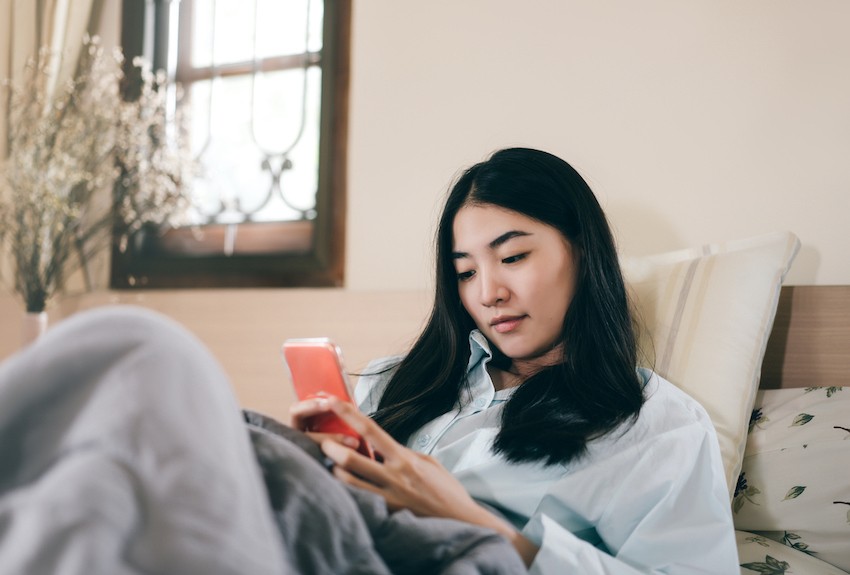Are you one of the many Australians at home with COVID-19? Whether the symptoms are keeping you in bed or you are self-isolating to protect others, you probably already know that managing your physical and mental health at this time can be challenging.
That’s why we’ve put together a few tips to help you get through recovery at home.
Take care of your physical health
Looking after your physical health is important in itself, but did you know that your physical and mental health are also connected? Physical health is linked to stress, energy and mood. So, if you support your body to recover from COVID-19, you will also be helping your mental health. Remember to:
- Contact a trusted GP or the Coronavirus Hotline on 1800 675 398 if you have any questions or concerns about your health
- Ask for help from friends, family or services to get the things you need. Whether it’s food or medication, you don’t have to figure it all out yourself
- Try and get some fresh air each day, in a backyard, courtyard or balcony
- Schedule a regular period of exercise that is suited to your level of fitness and symptoms.
Be kind to yourself
Acknowledge that this is a tough situation, and it’s normal not to feel great. Perhaps you can think of something kind to say to yourself, or an activity that would be comforting. If you get stuck, imagine what you would say or do for a friend in your same situation. This might mean focusing on rest, doing something you love, or not putting pressure on yourself to be productive while you’re recovering.
Stay connected
Feeling lonely can be a challenge for recovery at home, but using your devices to stay in touch with trusted people can make a big difference to your mental health. Here are a few ideas for staying socially connected at home:
- Be honest with yourself and others about what would help – Do you need to vent? Social distraction? Just to know someone is there if you need? Clear communication will help people know how to support you.
- Organise a daily check-in with a few close people. You don’t have to tell everybody in your network about your recovery, though some people find this helpful.
- If you have some energy, find activities that make you feel connected online, whether that’s Netflix party, online games, or sharing the funniest video you can find with a friend.
Switch off from screens
It might be tempting to fill your days with scrolling, but there are benefits to limiting time on your device. If you are connecting with others or doing meaningful activities, go for it! But if you find you are scrolling passively for long periods, comparing yourself to others, or taking in lots of COVID-19 news and information, it could be time for a break.
In addition, avoid researching COVID-19 and its symptoms more than you need to, especially if you find this is making you feel anxious. When you need to check something, stick to quality sources such as the World Health Organisation or HealthDirect.
Find a routine that works for you
Routines have benefits for wellbeing and the symptoms of some mental health issues such as depression, PTSD and bipolar disorder. In self-isolation, previous routines can fall away, as activities and days start to melt into one.
So spend a bit of time scheduling an isolation routine. Depending on your energy levels it should have something meaningful that makes you feel grateful or excited, something fun, and something that gives you a sense of achievement. Schedule these activities for the same time each day, so that you know when you’ll be focusing or relaxing, and what you’re looking forward to.
Remember, this is going to be challenging, but it will pass. In the meantime, rest, take care of your physical health and stay connected to the people you trust. You can get through this!
If COVID-19 is affecting your mental health, you can chat with people who understand on the SANE Forums. The Forums are safe and anonymous, with counsellors and peer workers on hand to help.
Resources and support
- Coronavirus Mental Wellbeing Support Service– 1800 512 348
- SANE’s free counselling service – 1800 187 263 (available Mon-Fri 10am-10pm)
- Read our top tips for coping with anxiety during COVID

